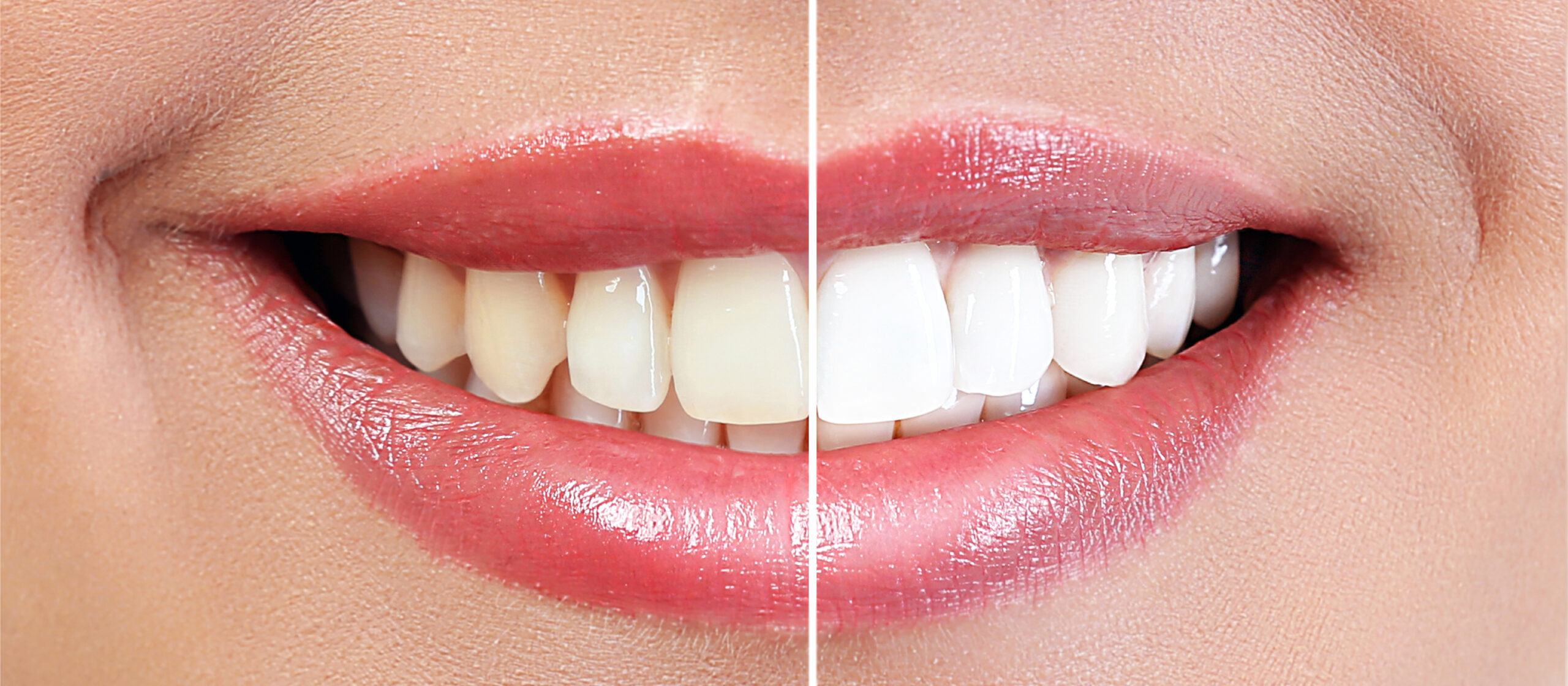
Teeth whitening is a popular way to achieve brighter teeth and a more confident smile. But what if you’re concerned about the potential damage it could be doing to your teeth? In this article, we’ll explore the possible risks and side effects of teeth whitening, as well as what you can do to minimize any potential damage.
Does Teeth Whitening Damage Enamel?
There is some concern that teeth whitening may damage enamel, but there is no definitive evidence that this is the case. Some people report a temporary increase in tooth sensitivity after teeth whitening, but this usually resolves within a few days. If you are concerned about the safety of teeth whitening, chat with your dentist to get their advice.
While there is no definitive evidence that teeth whitening damages enamel, it is still advisable to be careful when undergoing this process. Many over-the-counter and at-home teeth whitening products contain significant amounts of peroxide, which can irritate the soft tissues in your mouth if used incorrectly. Always read instructions carefully and follow them closely when using a teeth whitening product.
Does Teeth Whitening Damage Gums?
There is some concern that teeth whitening may damage the gums. Some people report that their gums are sore and inflamed after they whiten their teeth. However, there is no scientific evidence to support that gums are harmed during this procedure.
If you are concerned about damaging your gums, talk to your dentist about using a whitening gel that is specifically designed for people with sensitive gums. These gels often contain lower concentrations of bleaching agents, which may reduce the risk of gum irritation.
The Side effects of teeth whitening
Teeth whitening is a popular cosmetic procedure that many people choose to improve the appearance of their smile. However, there are some side effects associated with teeth whitening that you should be aware of before you decide to undergo the treatment.
A side effect of teeth whitening is that it can cause tooth sensitivity. If your teeth are sensitive to hot or cold foods and drinks, then you may experience even more sensitivity after teeth whitening. This increased sensitivity may be temporary or it may last longer, depending on the severity of your original teeth sensitivity and how often you use the teeth whitening products.
Although you may experience some discomfort due to sensitivity when you have your teeth whitened, this is generally known as a safe cosmetic procedure.
Many people believe that teeth whitening will damage your teeth, but there has been no proof that this is the case.
How Often Should You Have Your Teeth Whitened?
There is no one definitive answer to the question of how often you should have your teeth whitened. Some people may find that they need to have their teeth whitened on a regular basis, while others may only need to have it done every few months or years. It all depends on your individual situation and what type of results you are looking for.
If you are someone who is looking for dramatic results, then you will likely need to have your teeth whitened more often than someone who is just looking for a slight improvement. It is also important to keep in mind that the results of teeth whitening will vary from person to person, so what works for someone else may not work for you.
Conclusion
The bottom line is that teeth whitening can be a safe and effective way to improve the appearance of your smile, but you should always weigh the risks and side effects before deciding whether or not to undergo the treatment. Talk to your dentist about what type of teeth whitening product is best for you and how often you should use it for optimal results.


